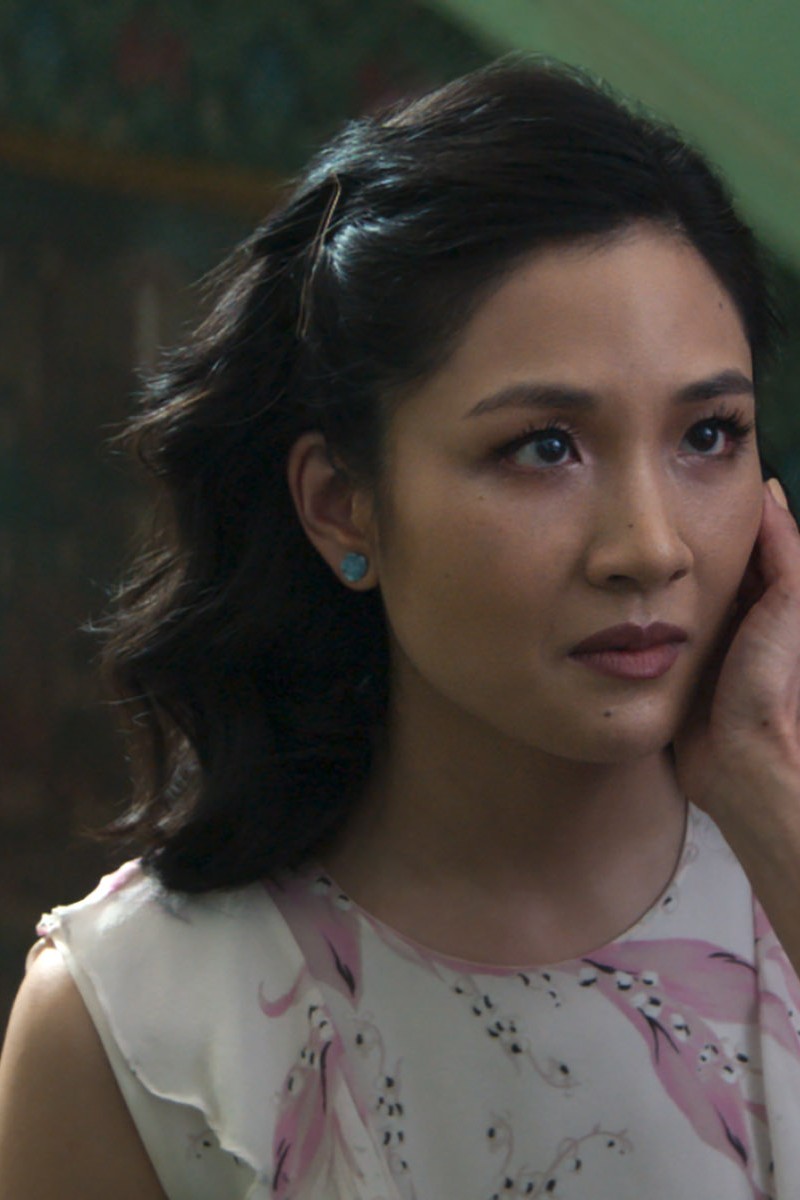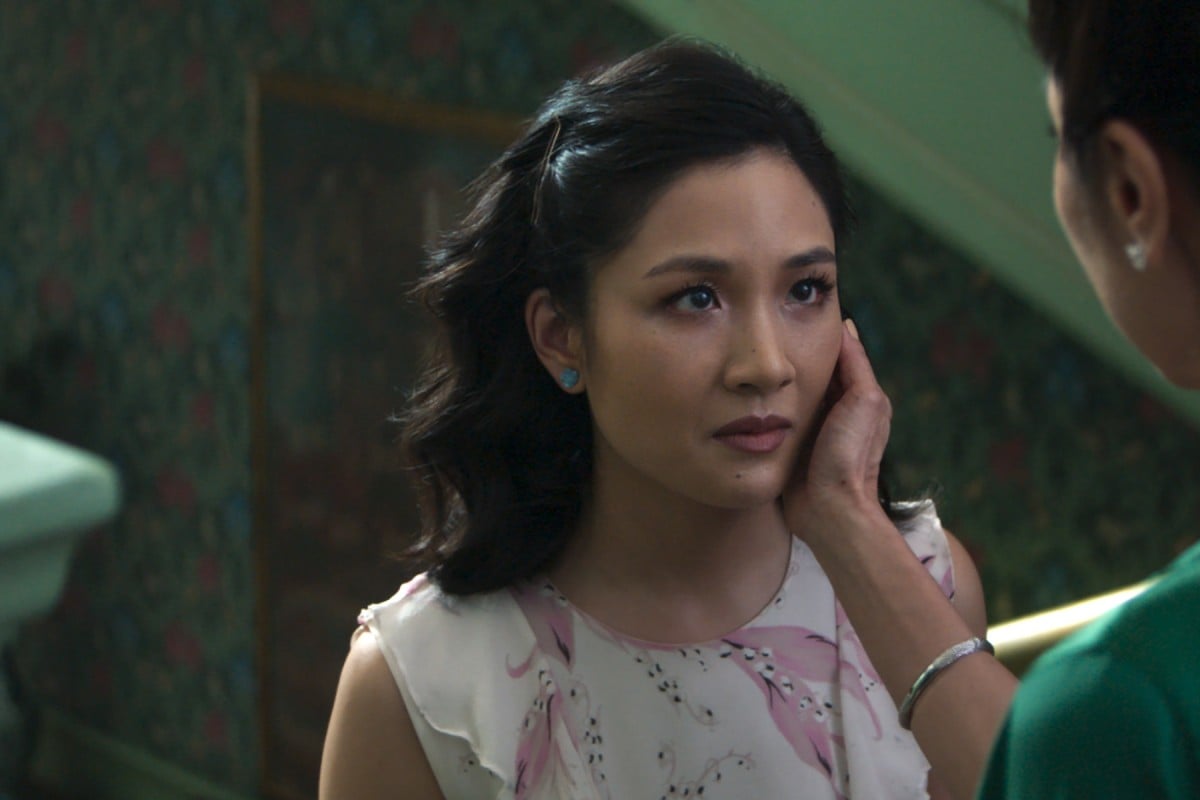
'Crazy Rich Asians' provides diversity in Asian-American-led Hollywood movie, making up for its recycled romcom plot [Review]
Film offers a watershed moment for Asian representation, but disappoints with a far-from-fresh storyline

Crazy Rich Asians is a milestone for Asian representation in film, but falls flat thanks to a typical romcom plot and slightly problematic treatment of Asian society.
The plot revolves around Rachel Chu (Constance Wu), a professor of economics at New York University. Her boyfriend, Nick Young (Henry Golding), lures her on a trip to Singapore to attend his friend’s wedding; when they arrive, she finds out that he is the scion of one of Singapore’s most powerful families.
While that’s not an unheard-of set-up for a romantic comedy, the situation is made complicated by the presence, and interference, of Eastern mores of family and filial piety, embodied by Nick’s mother, Eleanor (Michelle Yeoh).
From whitewashing to Oscar darlings: The complex history of Asian Americans in Hollywood films
In that sense, Crazy Rich Asians is a watershed moment for Hollywood. Not since The Joy Luck Club has there been a serious, all-Asian treatment of Asian-American issues in film. While diversity problems have been pointed out by many, the cast still does feature actors from all over Asia; highlights include Filipino-American actor Nico Santos as cousin Oliver, a style consultant who backs Rachel; half-Chinese, half-Korean rapper Awkwafina as Rachel’s over-the-top bestie from college, Peik Lin; and Malaysian Yeoh, who plays the matriarch with icy aplomb.
The soundtrack, which features many period Chinese language songs, would make any Asian moviegoer nod along in appreciation, and the gags are chock-full of references that will make anyone growing up in an Asian household groan.
Crazy Rich Asians star Constance Wu calls movie historic: 'We all have a story'
The biggest problem with the film is the divisions it draws between Asians and Asian-Americans; and while the spotlight on the differences is a welcome one, the movie sticks closely to the romcom formula, so the cultural chasm serves only as a plot device.
In spite of this, this is a triumph for Asian-American cinema, on the practical level of getting more Asians and Asian-Americans on screens, and in terms of giving Asian culture some long-deserved exposure.